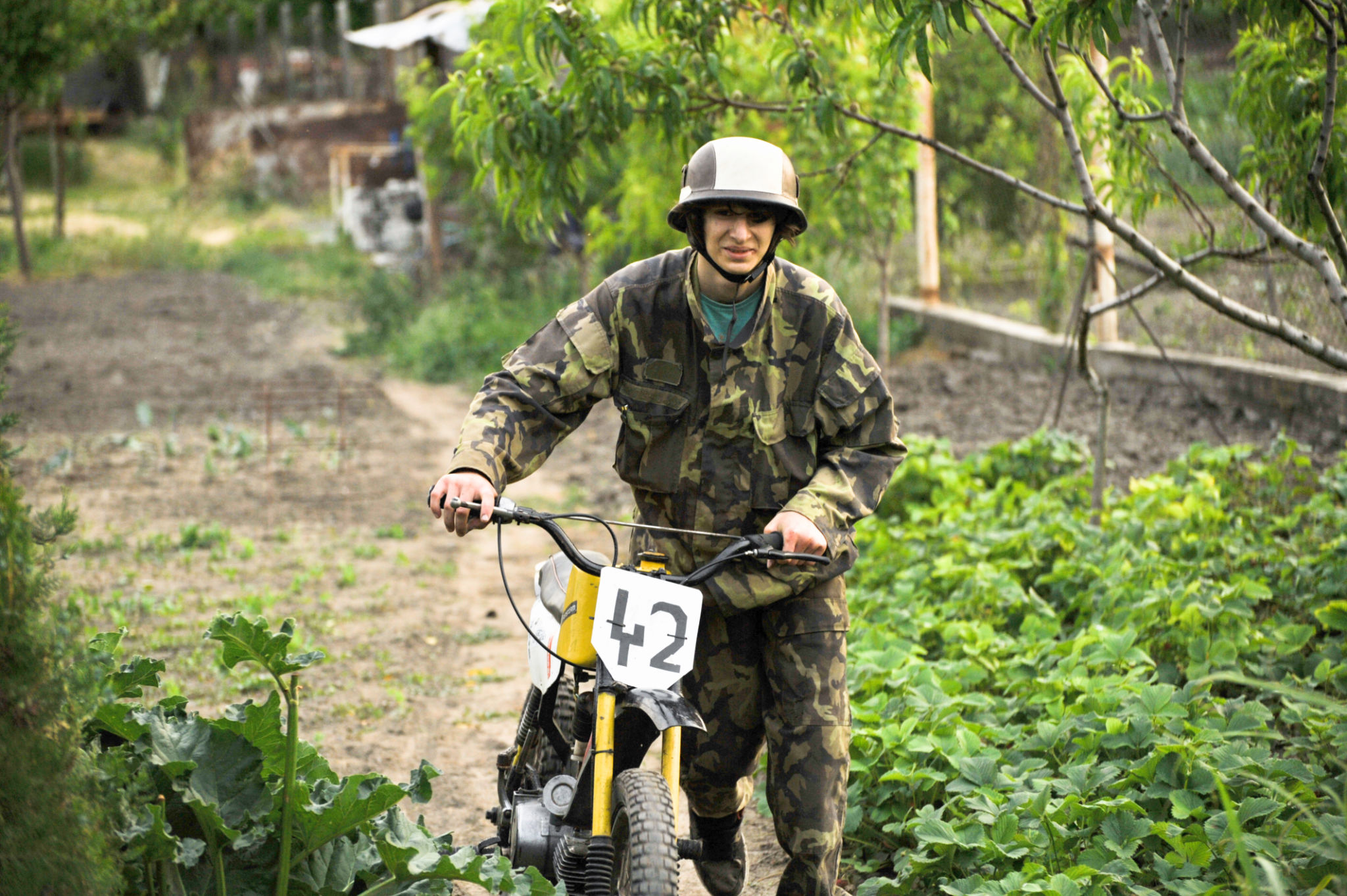Expert Insights: Effective Policy Making Against Child Soldier Recruitment
Understanding the Issue
The recruitment of child soldiers is a grave violation of human rights, affecting thousands of children worldwide. These children are often forcibly recruited or manipulated into joining armed groups, exposing them to extreme violence and trauma. Effective policy making is crucial in addressing this issue, as it lays the groundwork for prevention, protection, and rehabilitation efforts.
Experts in the field emphasize that understanding the root causes of child soldier recruitment is essential for crafting effective policies. Factors such as poverty, lack of education, and political instability often contribute to the vulnerability of children in conflict zones. By addressing these underlying issues, policymakers can create a more comprehensive approach to preventing recruitment.

Strengthening Legal Frameworks
One of the primary steps in combating child soldier recruitment is strengthening legal frameworks at both national and international levels. International treaties, such as the United Nations Convention on the Rights of the Child, provide a foundation for protecting children from recruitment. However, the enforcement of these laws varies significantly across different regions.
Experts recommend that countries adopt and enforce stringent national laws that criminalize the recruitment and use of child soldiers. This includes holding accountable those who violate these laws, whether they are state actors or non-state armed groups. Ensuring that these legal frameworks are robust and actively enforced can significantly deter recruitment efforts.

Community-Based Prevention Strategies
Community-based prevention strategies play a vital role in protecting children from being recruited as soldiers. By engaging local communities in prevention efforts, policymakers can leverage grassroots knowledge and resources to create effective interventions. Education and awareness campaigns are crucial components of these strategies.
Providing educational opportunities and vocational training for children in vulnerable communities empowers them and reduces their susceptibility to recruitment. Additionally, community awareness programs can help identify and support at-risk children and families, fostering environments where children feel safe and protected.

Rehabilitation and Reintegration
For children who have been recruited and subsequently rescued or escaped, rehabilitation and reintegration programs are essential. These programs focus on providing psychological support, education, and vocational training to help former child soldiers reintegrate into society and lead productive lives.
Experts stress the importance of tailored support that addresses the unique needs of each child. This often involves collaboration between governments, NGOs, and local communities to create a support network that facilitates healing and development.
International Collaboration
International collaboration is key to combating child soldier recruitment on a global scale. Countries must work together to share intelligence, resources, and best practices for preventing recruitment and supporting affected children. Organizations like UNICEF and the United Nations play critical roles in coordinating these efforts.
By fostering international partnerships and promoting dialogue between countries, the global community can create a unified front against child soldier recruitment. This collaborative approach ensures that progress is made not only at the local level but also in addressing broader systemic issues that contribute to the problem.
